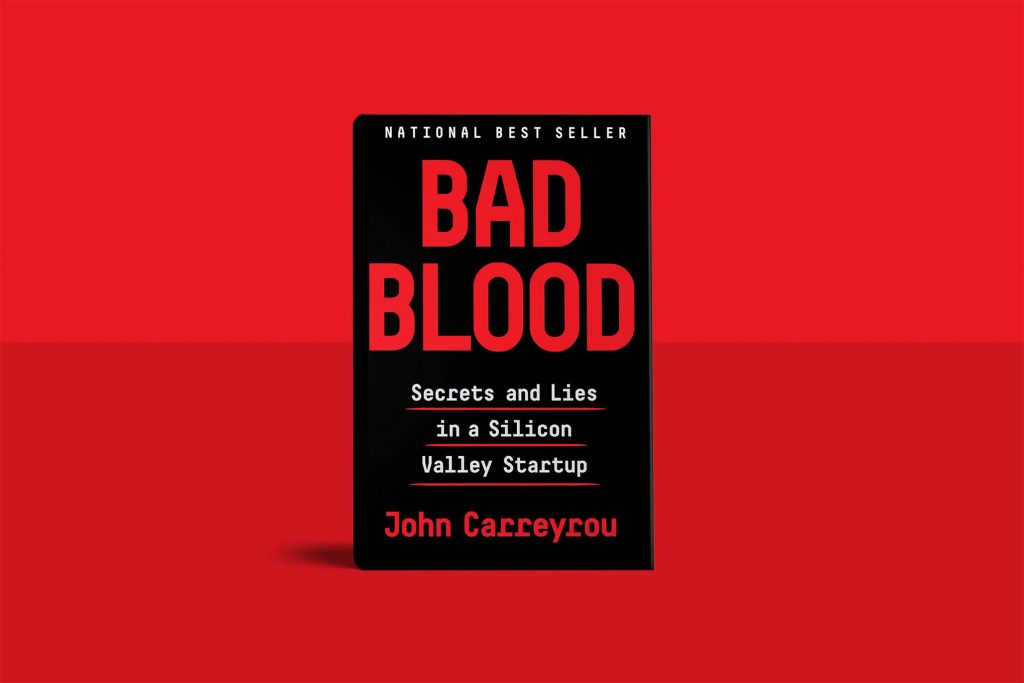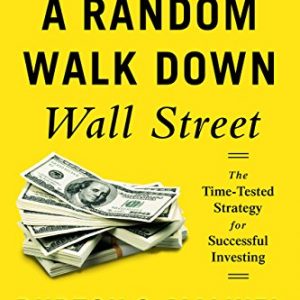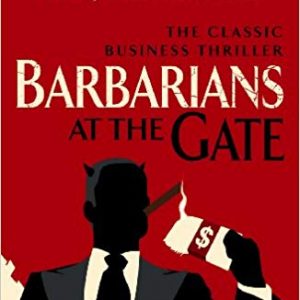John Carreyrou is a journalist that’s been covering stories for The Wall Street Journal for the last 20 years. Because of his contribution to the journalism world, John was rewarded with two Pulitzer Prizes.
In his latest book, “Bad Blood” John is sharing the story of the fraud behind the massive medical startup Theranos, and the rise and fall of this Silicon Valley sensation. Elizabeth Holmes, the CEO of this startup managed to build a temporary empire on lies and unfulfilled promises. She raised $700 million in funding and won over everybody with her promise of revolutionizing the blood-testing industry.
Carreyrou’s investigation doesn’t only shares the whole story of fraud and lies of Elizabeth Holmes’s Theranos but, it can also provide some valuable leadership lessons. If read correctly, “Bad Blood” can shine a different light on the tech industry, and provide some practical examples of what not to do.
Never Over-Promise
Elizabeth Holmes built her company on over-promising to people, and under-delivering when the time was due, instead of doing it the other way around. She once claimed that the company’s miniLab was the most important thing ever produced by humans, getting her employees hyper-excited. It was all soon for nothing since she was never able to deliver such bold claims.
Once a promise is on the table, it creates serious pressure for the company to meet potentially unrealistic goals – and that’s the danger zone.
Robert Glazer, founder, and CEO of Acceleration Partners
However, all leaders can learn from Elizabeth’s unethical practices, and make sure not to fall in the trap of being willing to say or do anything to accomplish your goals, regardless of how unethical it is. Instead of over-promising, leaders and entrepreneurs should take the opposite route.
Often, the best option is to pleasantly surprise people by making average promises, only to come later and over-deliver on your word by accomplishing more than you initially promised.
Culture Matters
In a company, having an established culture matters, because it works. Holmes understood that because she ultimately took advantage of this idea not only to fool the outsiders but, to also manipulate her employees. Anybody who was raising concerns about her product from within the company was quickly labeled as a cynic and a non-believer.
Employees who were constantly asking unwanted questions were either marginalized from the group or even fired. In her toxic culture, anybody from within the company that was perceived as a threat was constantly under legal intimidations, while sycophants were promoted at the top.
The most successful companies in the world have healthy cultures that encourage transparency, individuality, open conversations, and personal initiatives. Because of that, if you point out something that’s not working you will get rewarded and not fired. Building such a culture as a leader is essential if you want your company to constantly innovate.
Conclusion
As we can notice from John Carreyrou’s book and this article, people have the possibility to learn new things from anybody and anything. Even if Elizabeth Holmes is a liar and a deceiver, we can still pick up some important Leadership Lessons from Bad Blood.
People can learn how not to become like her, and instead, have moral and ethical practices when it comes to leadership and business.
Because of how great and insightful this book is, we also included it in our The Best Business Books of 2018 list. We hope that the lessons mentioned above can help you avoid wrong practices in business while helping you to focus on what matters.




